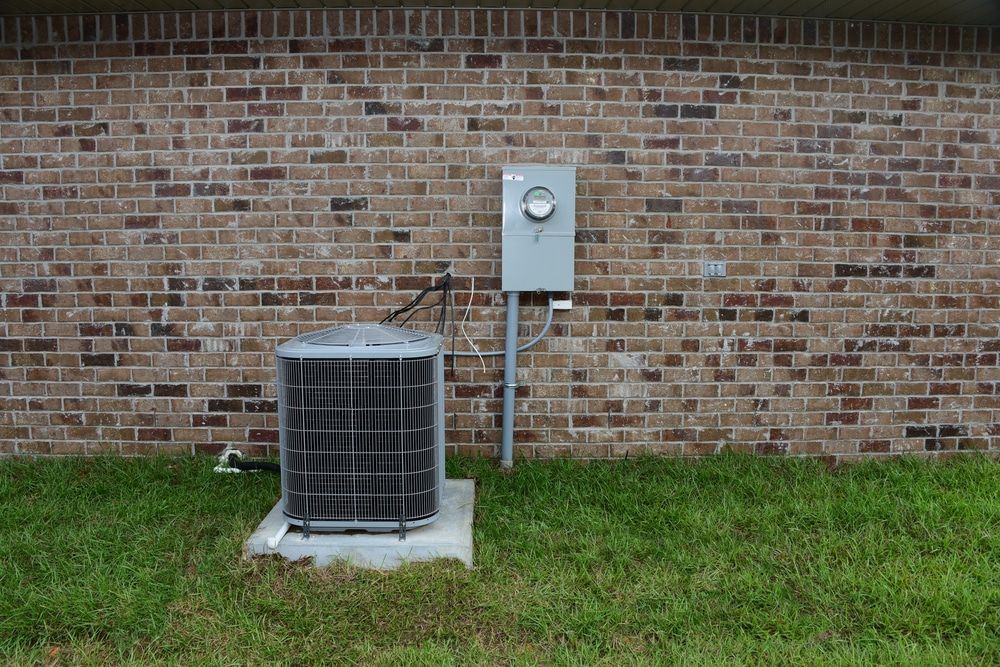There are many factors to consider when choosing a new air conditioning unit for your home, namely choosing a correctly sized HVAC unit. Factors such as climate, size of your home, and the number of rooms you want to cool should be considered. In some climates, nighttime cooling is not necessary. If your goal is to only cool one to three rooms, then choose an energy-efficient room air conditioner.
Benefits of a Portable Air Conditioner
Positive benefits to buying a portable air conditioner include using much less energy than a central air conditioning system. Installation is much easier, and you won’t need ductwork or other parts that use more energy. Choose a portable air conditioner that has the capacity to cool the number of rooms you need. If your new air conditioning unit is not sized properly, then you are wasting money.
Alternative Home Cooling Methods
Other methods for cooling your home include light-colored roofing tiles, upgraded insulation in the attic and walls, energy-efficient windows, and strategic shading. Paint the interior walls of your home a light color for a natural cooling strategy. Ceiling fans also help to distribute the cooler air and make the room feel more comfortable. Installing additional attic insulation while using sun-blocking window treatments will also keep your home much cooler during the summer months. Windows and doors can be used for cross-ventilation to reduce the work of your air conditioning system.
Pros and Cons of Portable ACs
Portable room air conditioners have both pros and cons. Pros include spending less money on energy, controlling individual room temperatures, and easy installation methods. Larger room air conditioners may require the need to install 240-volt circuits. Cons include a higher noise level than central air conditioning systems, potential home security issues, and blocking of natural light and ventilation.
Most people think if they purchase a larger air conditioning system that it will provide more comfort. However, the unit will turn off and on with short cycles that will not allow the rooms to get cold enough to condense. This will make the room fill with excess moisture making the room feel warm and humid. Ductless split central air conditioning systems are gaining in popularity because they don’t require an extensive duct system. They make the perfect choice for homes that prefer alternative choices to a central air conditioning and heating system. A professional Carrollton HVAC contractor will be able to estimate the cooling load of your home and recommend an energy-efficient system.
Principles of Cooling
The principles of cooling include convection, perspiration, and radiation. Proper ventilation systems enhance all three processes. Convection occurs when heat is moved away from your body by circulating air. Radiation is the process of heat that radiates from the space between you and other objects in the room. If objects in the room are warmer than you, the heat travels in your direction. Ventilation removes this heat and reduces the temperature of the room. If your surroundings are much cooler, then you will attract and lose excess heat. Perspiration makes many people feel very uncomfortable. During the hot, summer months, perspiration is required to cool the body.
Choose an Air Conditioning System That is Best Suited for Your Home
At Lex Air Conditioning & Heating, our HVAC service professionals can help you choose and install an air conditioning system that is best suited for your home or business. Call us at (972) 217-8955 to set up an appointment.












